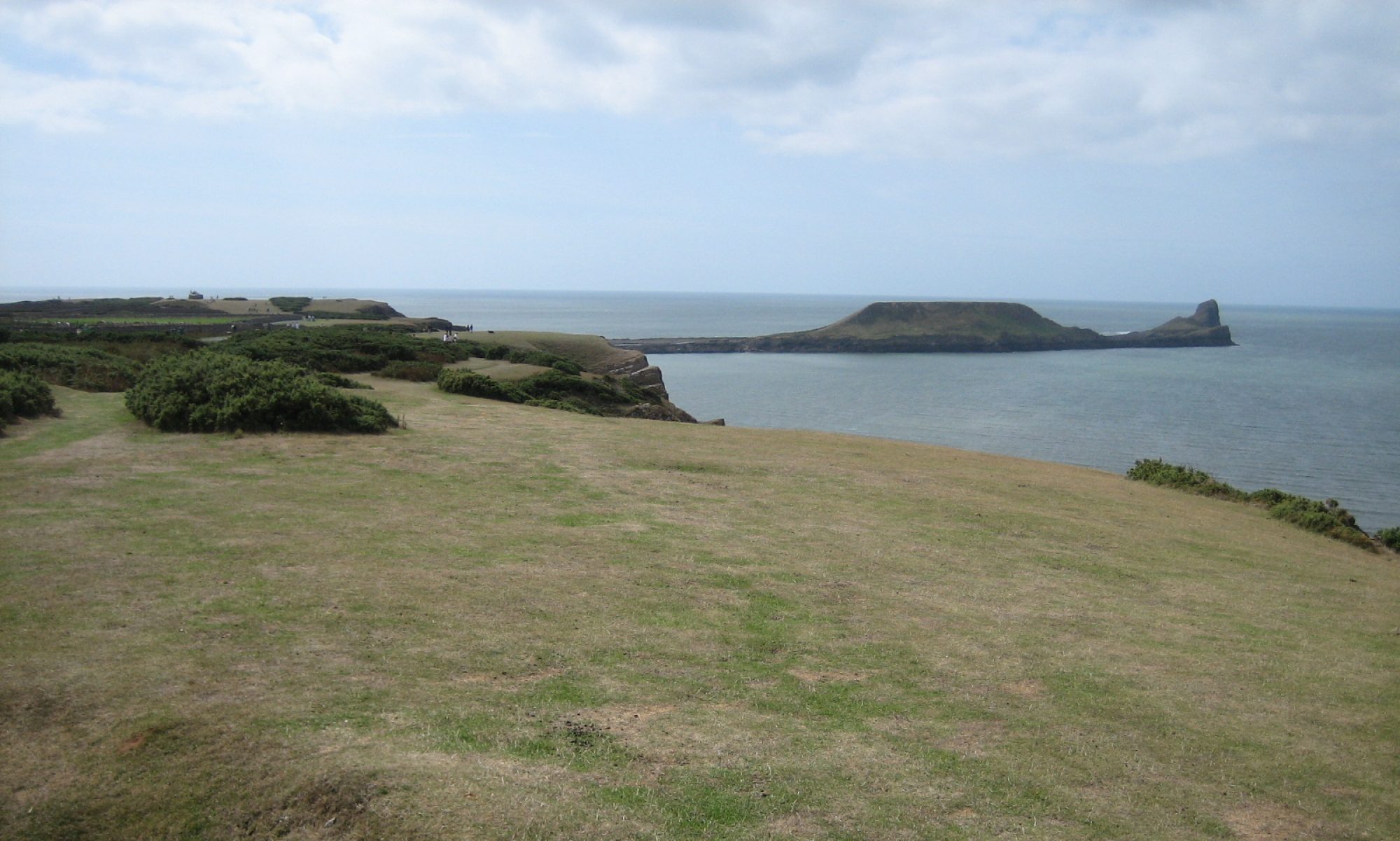[](http://4.bp.blogspot.com/__bnNGgqRugY/R7dEmxprjwI/AAAAAAAAA3o/-oVyNuQgATw/s1600-h/DSC_0380.JPG)
A lovely day today (though cold!) so my wife and I took a stroll from Brynmill to Swansea via the seafront and the marina. Nice pint of Tanglefoot in Eli Jenkins on the way back and stiff muscles for the rest of the week! Took a few pictures of which this breaking wave was my favourite. More on Flickr.


This is a great post. Of students you ask “Would they engage more if they were able to pursue their passion?” I have been thinking a lot on this subject myself. Not only do we force feed them content but these highly structured curriculums don’t lend themselves to learning the latest tools to filter and tame new information ecologies – ecologies which are now flowing in real-time at an unprecedented rate. There seems to exist an artificial silo of information – created by educators and students for educators and students. It is an isolated world that satisfies traditional highly structured research papers in K-12. I’m sure these exercises build neural connections in students so I am not completely opposed to it. But passion – now that could REALLY be effective.
Passion crops up a lot see also PAssion in L&T
Hi ChrisI would say that most people, young and old have the literacies Will described and use them in their own environment, perhaps not the technological one so much. The challenge is for the institution to reshape their education to deal with and adapt to the new source of information. To ensure that academics are aware of new ways of accessing technology related to their area of interest, their field. Once the coin drops, most people absolutely love the tools and have no problem with adapting.
Hi Rita
Thanks for stopping by. I’ve heard the term “digital literacy” a lot recently. What intrigued me most about Will’s presentation were the high level skills expected of high-school students and how those same skills might transfer to undergraduates, postgraduates and academics.
Chris, This is a beautiful capture of the themes we explored. Thank you so much. The one I most want to develop is, “Build relationships with others to pose and solve problems collaboratively and cross-culturally”. It’s why I’m in the MOOC.
I am having trouble knowing how to take this step. Any ideas? I’d like to talk to more of our folks by phone or skype.
Hi Steve
Thanks for visiting.
I’ve seen this sort of thing work when a group gets together to produce a podcast. E.g. eLearning stuff. But probably that sort of thing only happens when people already know each other. it’s a pity that Elluminate is a commercial product. i could imagine it working quite well for group discussions. I’ve not tried Second life … is conversation there real talk or is it typed?
Second Life has both live voice and typed chat, for those of us (me) who can’t get the mic to work. Seems it wants a USB mic.
But a combination of http://typewith.me/ (an EtherPad) and http://freeconferencecall.com can work. Or Skype allows small conference calls with desktop sharing. I hope to experiment more with these. Want to play?